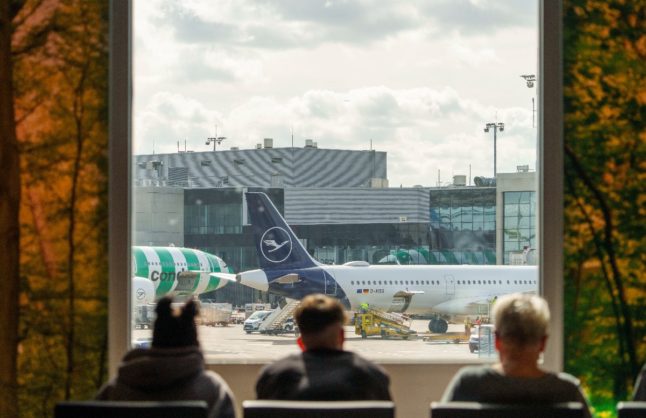In 2021, cities and municipalities across Germany had higher revenues from dog tax than ever before, reflecting the trend of people adopting dogs during the pandemic.
Authorities collected €401 million, according to new figures from the Federal Statistical Office – up from €308 million in 2020.
Dog tax revenue has risen steadily in the years before the pandemic, according to the Federal Statistical Office. In 2011, authorities collected just €275 million.
All dogs in Germany are subject to the Hundesteuer, an annual fee that dog owners have to pay. It’s in place to support local authorities but to also make people really consider whether they want to and can support a dog long-term.
READ ALSO: Prostitution, dogs and loneliness: A look at Germany’s weirdest taxes
The district determines how high the tax is, and how exactly it is structured. In many places, the amount to be paid also depends on the number of dogs in the household and the breed of dog.
In Berlin, for example, the first dog costs €120 per year with each additional dog costing €180 per year.
In Düsseldorf, the tax for one dog in the household is €96, which rises to €150 for two.
The trend towards having pets can also be seen elsewhere. For instance, the Industrieverband Heimtierbedarf (pet supplies industry association) and the Zentralverband Zoologischer Fachbetriebe (central association of specialist zoological businesses) reported in April that total sales in the German pet industry had risen by almost 10 percent – amounting to around €6 billion.
The German Animal Welfare Association, meanwhile, reported that many animal shelters were overloaded in the summer. According to several shelters, young dogs were among those being handed in most often.
One reason could be that owners had to return to work after months of working from home and could no longer care for their dogs, according to the German Canine Association.



 Please whitelist us to continue reading.
Please whitelist us to continue reading.
Dog tax is ok but it should be lower and the amount should be the same all over Germany – not varying in every town and village. Also a second or a third dog should double or treble in tax and not be some weird figure. Why can’t the Germans keep things simple? The bureaucracy here often makes no sense whatsoever.